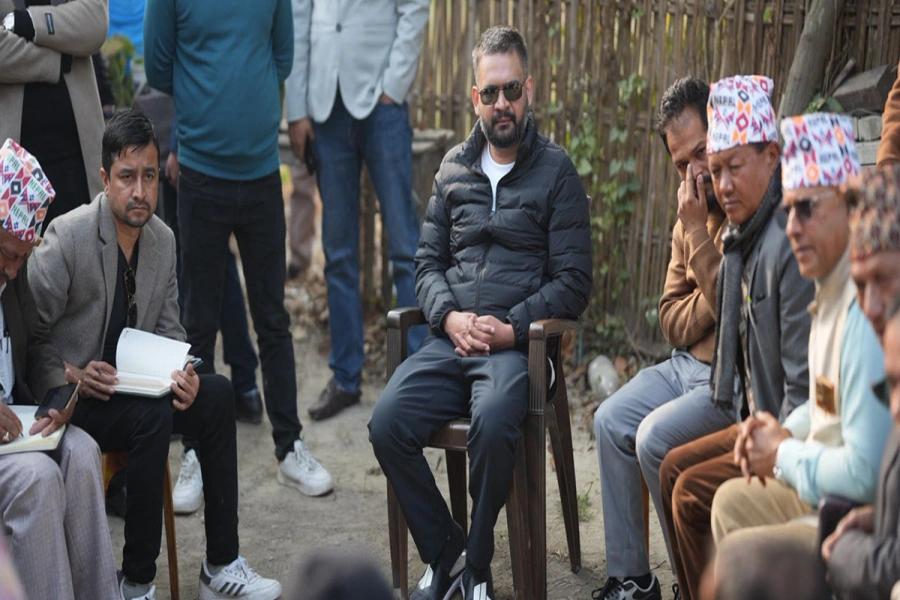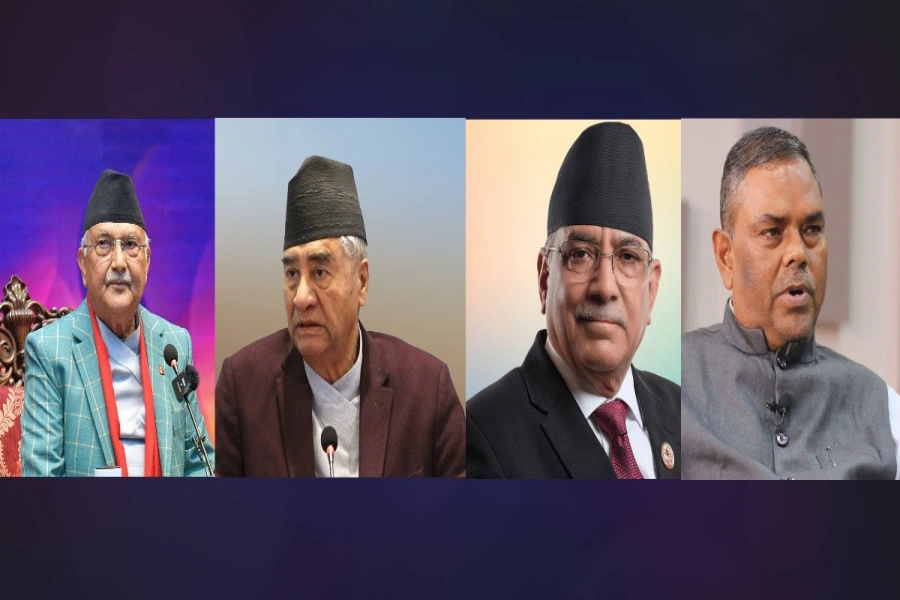KATHMANDU, Sept 2: Sorha Sarad, also known as Pitri Paksha, is being observed today.
It is a 16-lunar day period when Hindus pay homage to their ancestors, especially through food offerings. The day begins from the full moon day of Bhadra, according to the lunar calendar. Hindu people thong to temples of Lord Shiva and perform shraddha (i.e. annual death rituals) during these days.
Sorha Sarad begins from today

According to Hindu mythology, the souls of three preceding generations of one's ancestor reside in Pitri–loka, a realm between heaven and earth. This realm is governed by Yama (i.e. the god of death), who takes the soul of a dying man from earth to Pitri–lok. When a person of the next generation dies, the first generation shifts to heaven and unites with God and therefore Shraddha offerings are not given. Thus, only the three generations in Pitri–loka are given Shraddha rites, in which Yama plays a significant role.
The performance of Shraddha by a son during Priti Paksha is regarded as compulsory by Hindus, to ensure that the soul of the ancestor goes to heaven. In Kathmandu Valley, Hindu devotees visit Pashupatinath Temple and perform rites in the name of their ancestors. However, only a few people were seen performing Shraddha rites this year in Pashupatinath Temple premises due to prohibitory order enforced by the government to contain the spread of the COVID-19 pandemic.
Here are some pictures taken by Republica Photojournalist Dipesh Shrestha on Pashupatinath Temple premises on Wednesday morning:





































